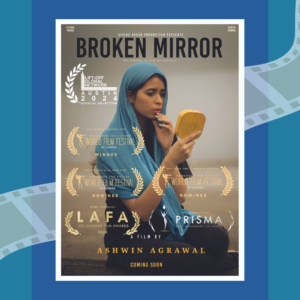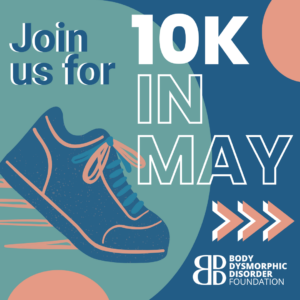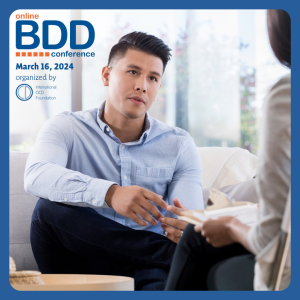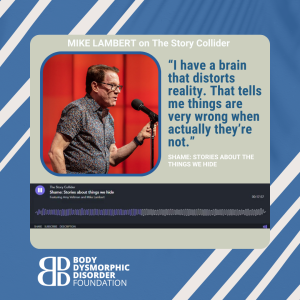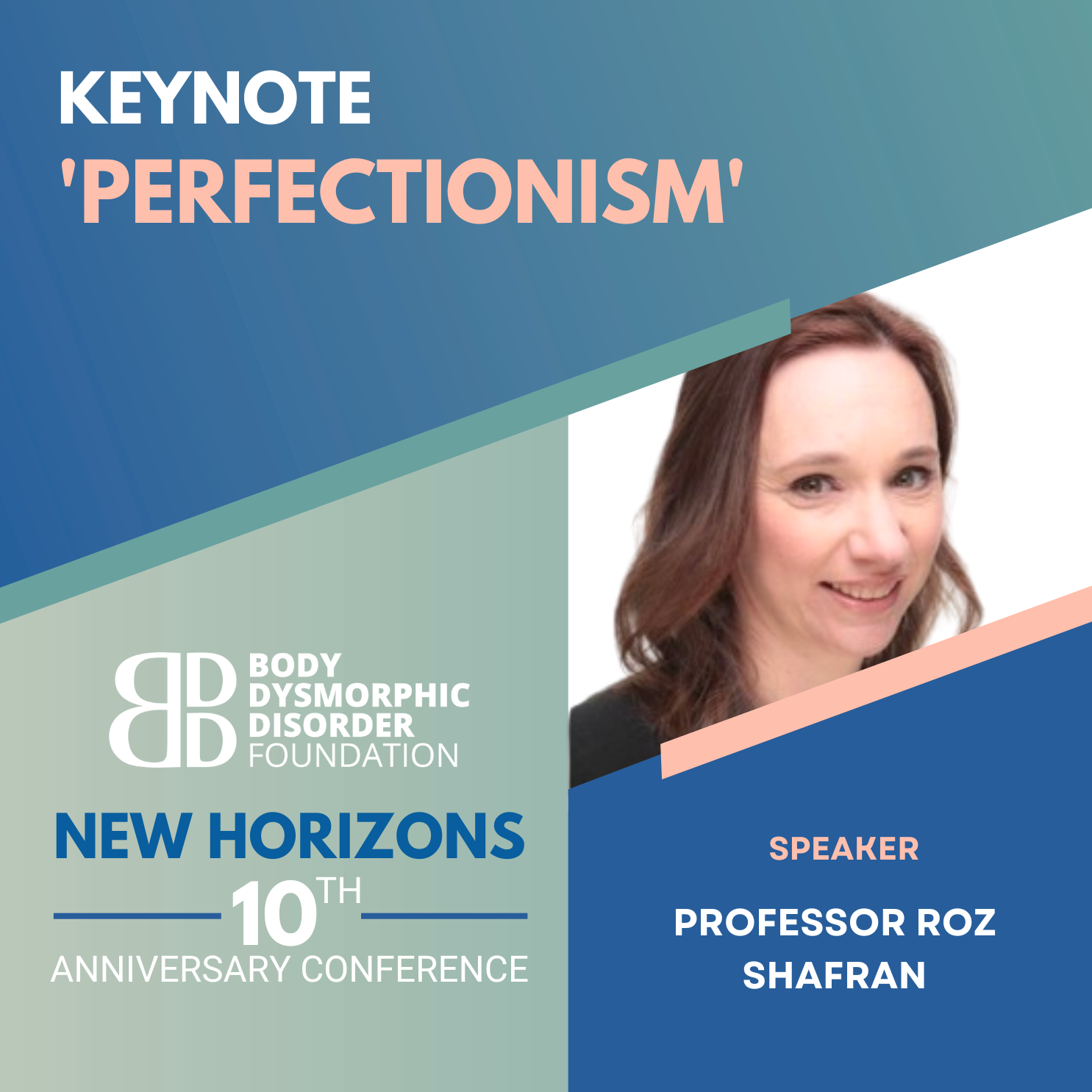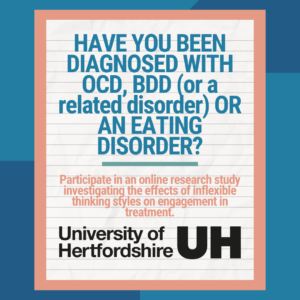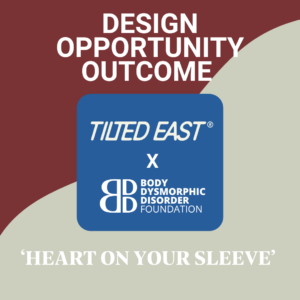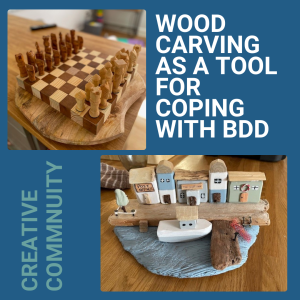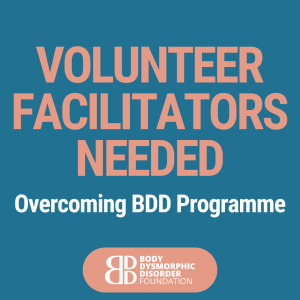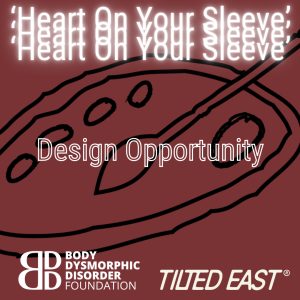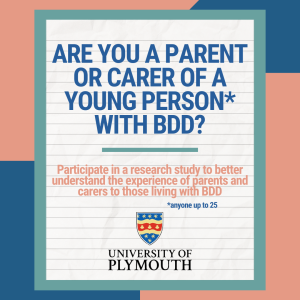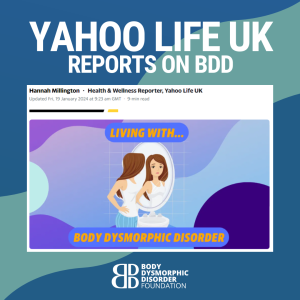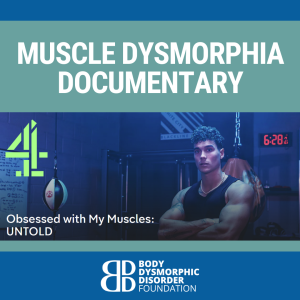with Professor Roz Shafran
PLEASE NOTE THIS RECORDING WILL ONLY BE AVAILABLE FOR 6 MONTHS (until end of June 2024).
Many people with BDD would consider themselves highly perfectionist. The need for symmetry and exactness, accompanied by ‘Not Just Right’ experiences can characterise both BDD and perfectionism. However, there are also important differences. BDD is characterised by an intense preoccupation with one or more nonexistent or slight defects or flaws in physical appearance whereas this is not a fundamental part of perfectionism. Similarly, negative appraisals of the internal body image and processing the self as an aesthetic object are central to understanding and treating BDD but are less important when addressing perfectionism. This presentation will define and describe perfectionism. It will discuss similarities and differences between perfectionism and BDD, including with respect to checking and repetitive behaviour. The treatment of perfectionism and BDD will be discussed so that participants can see key areas of overlap but also areas that are distinctive.
Subject to copyright @BDDFoundation 2023 not to be recorded or shared without consent.
Roz Shafran is Professor of Translational Psychology at the UCL Great Ormond Street Institute of Child Health. She is an honorary Consultant Clinical Psychologist, a member of the Health Professions Council and Fellow of the British Association of Behavioural and Cognitive Psychotherapy. She jointly leads the ICH GOS MentalHealth Strategic Initiative. She founded the Charlie Waller Institute of Evidenced Based Psychological Treatment in 2007 at the University of Reading and was its director until 2012. She is an advisor for the Charlie Waller Memorial Trust, Patron of ‘No Panic’ and recipient of prizes such as the BMJ Mental Health Team of the Year, Positive Practice ‘Making a Difference’ Award, British Psychological Society Award for Distinguished Contributions to Psychology in Practice and Marsh Award for Mental Health for research that has made a difference to clinical practice. In addition to academic clinical research publications, she has co-authored and co-edited four self-help books, the most recent is ‘How to Cope When Your Child Can’t: Comfort, help and hope for parents’.
More stories from the community
